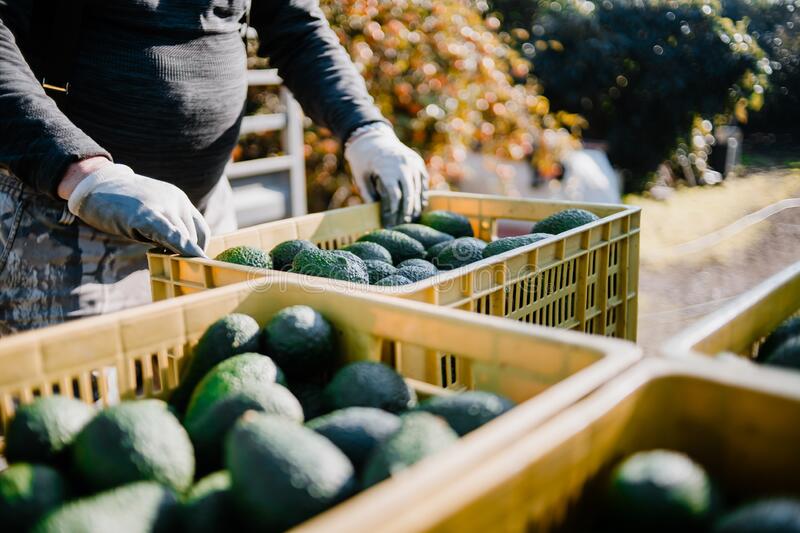



Article by: Hari Yellina
Thousands of avocados being discarded despite the biggest food price rise in years is a scenario that would perplex and upset any Australian consumer. Farmers, on the other hand, have defended the move, claiming that it is a necessary measure to keep them from going bankrupt. Jan De Lai, a resident of Atherton in far north Queensland, became aware of the problem after discovering a huge green mound of perfectly fine – seemingly – fruit left to rot at her local waste. “Two trucks rolled in and dumped huge avocado mounds.” On May 5, she told reporters at the scene, “And I’d seen that there’d also been a lot put there prior.” “It just appeared like there were heaps and tonnes of avocados thrown away.” “The mounds were enormous – much taller than I.”
The crop wasn’t his, according to Jim Kochi, an Atherton producer who serves on the board of Avocados Australia, but he admitted to having to dump a big number of avocados last year. Last year’s COVID-19 lockdowns saw demand plunge as restaurants closed, and this year’s “misery” caused by Queensland and New South Wales floods has also “disrupted” the business, according to Kochi. Farmers planted more trees last decade as avocados became popular, he continues, and those trees are now bearing fruit. He told reporters, “Those trees are now coming into production – and going into production in a huge way.”
The big supermarkets are selling single avocados for between $1.60 and $1.80 as cost-of-living pressures intensify due to rising inflation and limited pay growth. So why not simply cut the price to increase demand? According to Kochi, it would still not be worth it for farmers. “The expense of putting those things in a package, including labour, packing, and transportation, is simply not worth it,” he explained. “So, the only option is to ditch it.” “Not only is it cheaper to toss things out, but you can’t afford to invest the time and effort into packing.” It doesn’t make sense to spend money on packing the fruit or paying someone to ship it down to Brisbane or Sydney.
Despite Australia’s greatest year-on-year increase in food price inflation since 2011, Michael Harvey, an agriculture industry analyst at Rabobank, said avocados had been one of the few foods to undergo “deflationary pressure.” However, he believes the avocado sector has a solid foundation for long-term prosperity. “Throughout the epidemic, supermarket channels fared well at the expense of food service, where avocado consumption has been extremely low. It’s improving because Australia as a whole has opened up. However, you wouldn’t consider the food service sector to be returning to pre-pandemic levels.
“If you look at the long term, the industry still has some great fundamentals, in the sense that you have robust local demand as well as export markets.” “Some of those cost pressures will ease over time, but for now, that’s the challenge.” “There are some positives on the horizon in that manufacturing costs should normalise over time, the oversupply problem should fix itself, and demand continues to expand.”